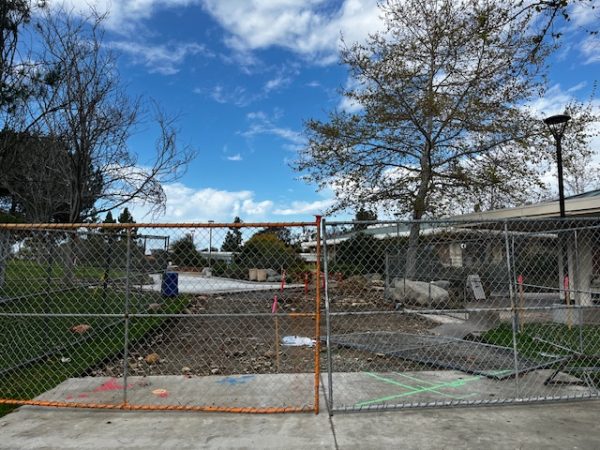CUYAMACA COLLEGE — A divided governing board of the Grossmont-Cuyamaca Community College District approved this fiscal year’s budget of $201.97 million at its Sept. 14 meeting held at the Cuyamaca College Student Center.
Board member Rick Alexander voted against the budget recommended by Chancellor Cindy L. Miles. Approving the budget were Board President Bill Garrett and members Greg Barr, Deanna Weeks, and Mary Kay Rosinski.
The unrestricted general fund accounts for $108.24 million, or 54% of the total district budget. Grossmont College will receive $62 million of those unrestricted funds. Special funds designated for specific purposes account for $21.6 million (9.35%), while capital outlay funds (for new buildings and campus improvements) account for $60.6 million (33.3%). The remaining 5% is dedicated to health insurance, the bookstore, child development centers, student center funds, and other supplemental purposes.
The budget process has been complicated by the state legislature’s continuing failure to adopt its own budget by California’s self-imposed July 1 deadline; the Grossmont-Cuyamaca Community College District gets 94% of its general funding from Sacramento.
The budget also reflects a $15 billion “structural deficit,” according to Chancellor Miles. “What this means is that our anticipated revenue is $15 million less than what we need for our operations,” Miles explained in a memorandum to district employees and stakeholders.
The GCCCD will make up this projected shortfall, in part, by cutting its operations by $7 million. This translates into leaving 148 open teaching positions unfunded and unfilled, and 140 fewer courses being offered compared with fall 2009. “The harsh reality is that we are not able to provide all the services or the courses our students need.”
Alexander said he was against this budget for three reasons.
First, he argued that adopting a budget was premature until the California State Legislature had approved a state budget.
Second, he contended that the proposed budget was “balanced on the backs of students and part-time faculty.”
Third, he asserted that there had not been enough negotiating or concessions from the bargaining units representing college employees. He said he found the overall behavior of California Schools Employees Association and the American Federation of Teachers “narcissistic.”
Alexander’s charges drew several responses from other board members. Mary Kay Rosinski argued that college faculty and staff had worked extra hard to make up for budget cuts from the previous year, and that fingers should not be pointed at the faculty. Alexander responded by saying his criticism was not directed at the faculty, but at the AFT.
Deanna Weeks expressed concern about passing a budget on “a wing and a prayer” because of uncertainty caused by the state budget deadlock, and sought further clarification from Sue Rearic, vice chancellor for business services.
Rearic noted that September 15 was the traditional deadline for college districts to adopt a budget, and while the state legislature had recently extended that deadline to October 15, that fell before the Board’s scheduled October meeting.
Alexander argued that the board had ignored state deadlines in the past.
Rearic and Miles also defended their budget estimates. They said that they took a “pretty good guess” as to what the state would dispense to the district, and then cut that figure by four percent.
Garrett stated he believed district employees “deserve a fair equitable wage” and that the district did have binding contracts with the bargaining units criticized by Alexander. He also argued that an adopted state budget does not always guarantee that the college district will receive the money budgeted by the legislature.
Christopher Enders, Grossmont ASGC president and a non-voting student trustee spoke as to how the budget issue affected many of his friends on campus. “It is the faculty and staff that change lives of students.”
Here is a link to the budget on the district’s website: .
*
Dudley is a student in Media Communication 132, the class that publishes the GC Summit.



















